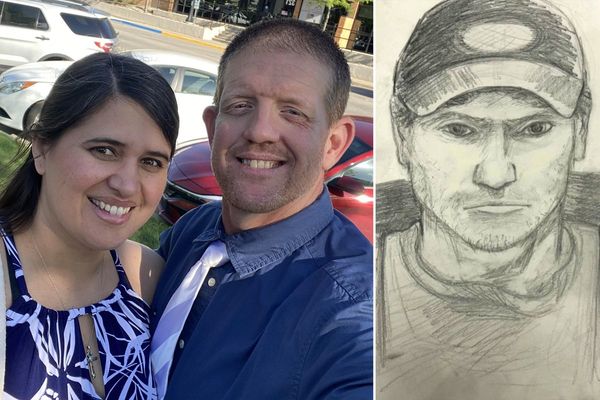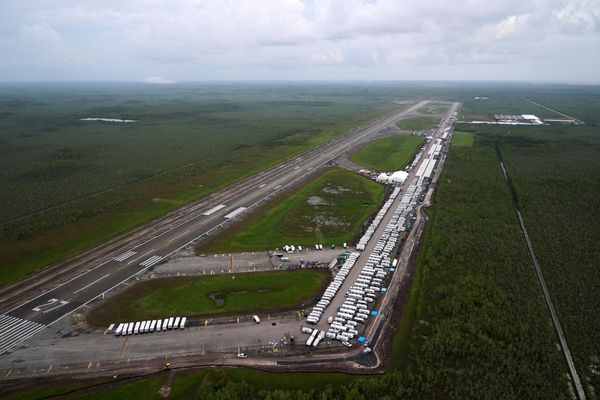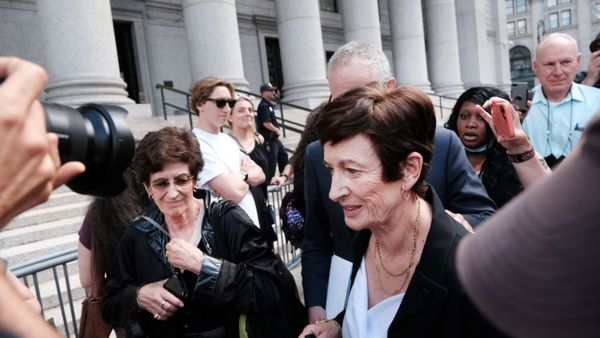Distressed teenage boys who have become victims of online sexual extortion are calling a national helpline at increasing rates, with 78 per cent of calls about the issue coming from young males over the past five years.
Kids Helpline received just two calls from young males about sexual extortion or sextortion in 2017, but that increased to 116 calls in 2022.
The Kids Helpline data indicated boys between the age of 14 and 17 were being targeted.
Sextortion of children involves offenders, who often pretend to be another young person, coercing victims into sending them sexual images or videos of themselves online.
The offender then threatens to share the child abuse material with others unless the victim meets their demands, which can include paying money or sending more sexual content.
If it happens to a child under the age of 18, it is online child sexual abuse — and police believe the crime is significantly under-reported.
Distressed victims asked to pay thousands
Yourtown chief executive Tracy Adams said Kids Helpline was seeing cases of teenage boys who were "highly distressed" after being threatened with the release of the images if they don't hand over money — sometimes thousands of dollars.
"In addition to the threats and coercion, victims often feel like they are powerless to do anything to prevent the release of the images they have shared and feel they will be deeply shamed and embarrassed," Ms Adams said.
"This has an obvious impact on their mental health and wellbeing."
It comes after the AFP-led Australian Centre to Counter Child Exploitation (ACCCE) experienced a 60 per cent increase in reports of sextortion of young Australians in December 2022.
The latest statistics showed overseas offenders were primarily targeting teenage boys, with more than 90 per cent of victim reports coming from young males.
At the time, acting assistant commissioner Hilda Sirec said they were seeing offshore criminal syndicates targeting a victim's entire friends list, but reassured victims they would not be in trouble with police for reporting the crime.
Kids Helpline special programs manager Leo Hede said young people often felt shame when they realised they had been targeted, but help was available.
"The initial response is often a whole lot of shame and embarrassment for being tricked and also the great fear and anxiety of the consequence of an image being shared," Mr Hede said.
Parents urged to remind children it is not their fault
Parents and victims can report the crime to the ACCCE and there is an advice toolkit about what to do online.
If naked or sexual images are shared online without consent, eSafety can help to quickly remove it once reported.
Ms Adams urged parents and guardians to know that if their child had been a victim, it was important to reassure them it was not their fault and that there was help available through Kids Helpline, which partners with the ACCCE, the police, and eSafety commissioner.
It comes ahead of Safer Internet Day on Tuesday, February 7, where organisations in partnership with the Office of the eSafety Commissioner will promote online safety.







